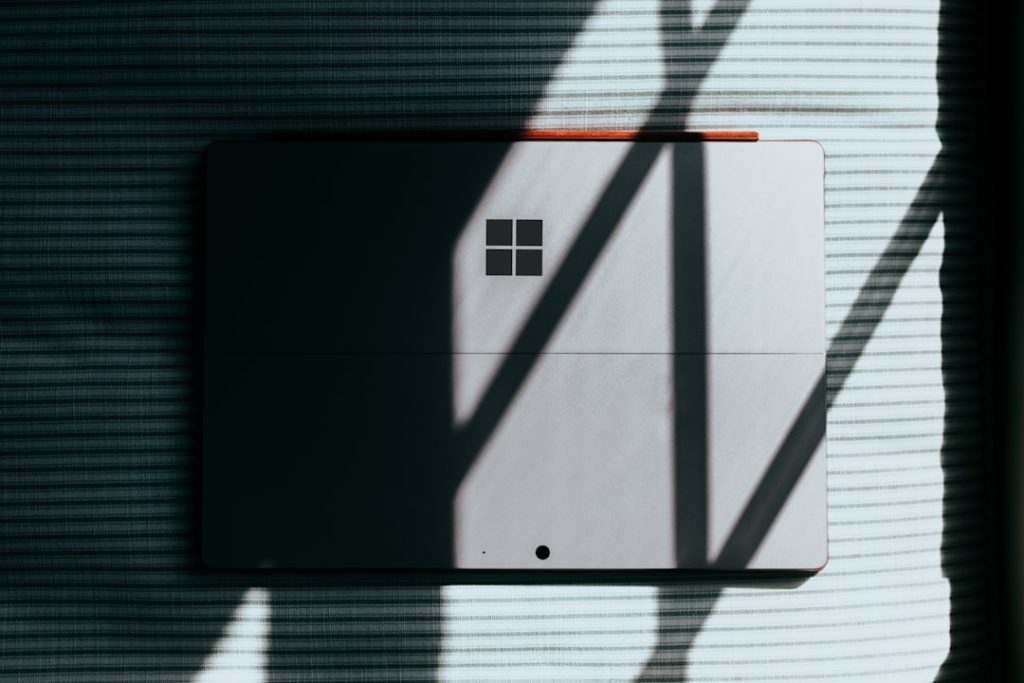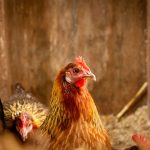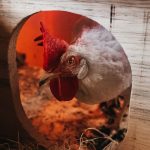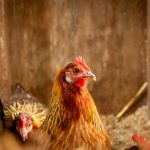Hot weather significantly affects chickens, impacting their health, behavior, and overall well-being. During high temperatures, chickens may experience heat stress, leading to decreased egg production, reduced feed efficiency, and potential mortality. Chickens are particularly vulnerable to heat stress due to their lack of sweat glands, relying instead on panting to regulate body temperature.
This makes them especially susceptible to high temperatures and humidity. Heat stress can compromise chickens’ immune function, increasing their susceptibility to diseases and infections. Common signs of heat stress in chickens include panting, lethargy, reduced feed intake, and decreased egg production.
Recognizing these symptoms is crucial for chicken owners to implement appropriate measures to mitigate the effects of hot weather on their flock. Hot weather can also alter chicken behavior, potentially causing increased agitation and aggression. This may result in heightened pecking and cannibalism within the flock, as well as reduced overall productivity.
In severe cases, heat stress can lead to heat stroke and death in chickens. It is essential for chicken owners to understand the potential impact of hot weather on their flock and take proactive steps to help chickens cope with high temperatures. By being aware of these effects, chicken owners can implement appropriate measures to protect their flock and ensure their well-being during periods of hot weather.
Table of Contents
- 1 Providing adequate shade and shelter for chickens
- 2 Ensuring proper ventilation in the chicken coop
- 3 Offering cool and refreshing treats for chickens
- 4 Keeping the water supply fresh and cool for chickens
- 5 Adjusting feeding schedules to avoid the hottest parts of the day
- 6 Monitoring the health and behavior of chickens during hot weather
- 7 FAQs
Key Takeaways
- Hot weather can cause stress and health issues for chickens, impacting their egg production and overall well-being.
- Providing adequate shade and shelter is crucial to protect chickens from the heat and prevent heat-related illnesses.
- Proper ventilation in the chicken coop is essential to maintain a comfortable and healthy environment for the chickens.
- Offering cool treats like fruits and vegetables can help chickens stay hydrated and cool during hot weather.
- Keeping the water supply fresh and cool is important to ensure chickens stay hydrated and healthy in the heat.
- Adjusting feeding schedules to avoid the hottest parts of the day can help prevent heat stress in chickens.
- Monitoring the health and behavior of chickens is important to identify any signs of heat stress or illness and take necessary action.
Providing adequate shade and shelter for chickens
Reducing Direct Heat Exposure
One of the most important steps in protecting chickens from the impact of hot weather is to provide them with adequate shade and shelter. This can help to reduce the direct heat exposure on the chickens and provide them with a cooler and more comfortable environment. Providing natural shade from trees or constructing shade structures in the chicken coop or run can help to create a cooler environment for the chickens.
Positioning Shade for Optimal Coverage
It’s important to ensure that the shade is positioned in a way that provides adequate coverage throughout the day as the sun moves across the sky. Additionally, providing shelter such as a well-ventilated coop or a covered area where chickens can retreat from the sun can also help to protect them from the heat.
Using Heat-Reflective Materials
In addition to providing shade and shelter, it’s important to consider the materials used in the construction of the coop and run. Using materials that reflect rather than absorb heat can help to keep the environment cooler for the chickens. For example, using light-colored roofing materials and painting the coop with reflective paint can help to reduce heat absorption.
The Importance of Adequate Shade and Shelter
Providing adequate shade and shelter for chickens is essential in helping them cope with hot weather and reducing the risk of heat stress and its associated negative impacts on their health and productivity.
Ensuring proper ventilation in the chicken coop

Proper ventilation is crucial for maintaining a comfortable and healthy environment for chickens, especially during hot weather. Good ventilation helps to remove excess heat, moisture, and ammonia from the coop, creating a cooler and more comfortable environment for the chickens. Inadequate ventilation can lead to a buildup of heat and humidity, increasing the risk of heat stress and respiratory issues in chickens.
It’s important to ensure that the coop has sufficient openings for air circulation, such as windows, vents, or openings near the roofline, to allow for the exchange of fresh air. In addition to natural ventilation, using fans or misters can also help to cool the air inside the coop during hot weather. Fans can help to improve air circulation and reduce heat buildup, while misters can help to lower the ambient temperature by creating a fine mist of water that evaporates and cools the air.
It’s important to monitor the temperature and humidity inside the coop regularly and make adjustments to the ventilation as needed to ensure that the environment remains comfortable for the chickens. Proper ventilation is essential for helping chickens cope with hot weather and reducing the risk of heat stress and its associated negative impacts on their health and well-being.
Offering cool and refreshing treats for chickens
During hot weather, offering cool and refreshing treats to chickens can help them stay hydrated and cool down. Treats such as frozen fruits and vegetables, chilled watermelon or cucumbers, or even ice cubes can provide chickens with a refreshing source of hydration and help them cope with high temperatures. These treats not only provide essential moisture but also offer a source of nutrients and enrichment for the chickens.
Additionally, offering treats in the morning or evening when temperatures are cooler can encourage chickens to eat and drink during the most comfortable parts of the day. In addition to treats, providing access to cool and clean water is essential for helping chickens stay hydrated during hot weather. Ensuring that water containers are kept in shaded areas and refilling them with fresh, cool water regularly can help to encourage chickens to drink and stay hydrated.
Adding electrolytes or vitamins to the water can also help to support hydration and overall health during periods of hot weather. Offering cool and refreshing treats is an important way to help chickens cope with high temperatures and ensure their well-being during hot weather.
Keeping the water supply fresh and cool for chickens
Maintaining a fresh and cool water supply is essential for helping chickens stay hydrated during hot weather. Chickens need access to clean and cool water at all times, especially when temperatures are high. Providing multiple water sources in shaded areas throughout the coop and run can help ensure that all chickens have access to water when they need it.
It’s important to regularly check water containers for cleanliness and refill them with fresh, cool water as needed. In addition to keeping water containers clean and filled, using methods to keep the water cool can also help encourage chickens to drink during hot weather. Placing frozen water bottles or ice packs in water containers can help lower the temperature of the water and provide a refreshing source of hydration for the chickens.
Additionally, using insulated or shaded water containers can help prevent water from heating up too quickly in direct sunlight. Keeping the water supply fresh and cool is essential for helping chickens stay hydrated and healthy during periods of hot weather.
Adjusting feeding schedules to avoid the hottest parts of the day
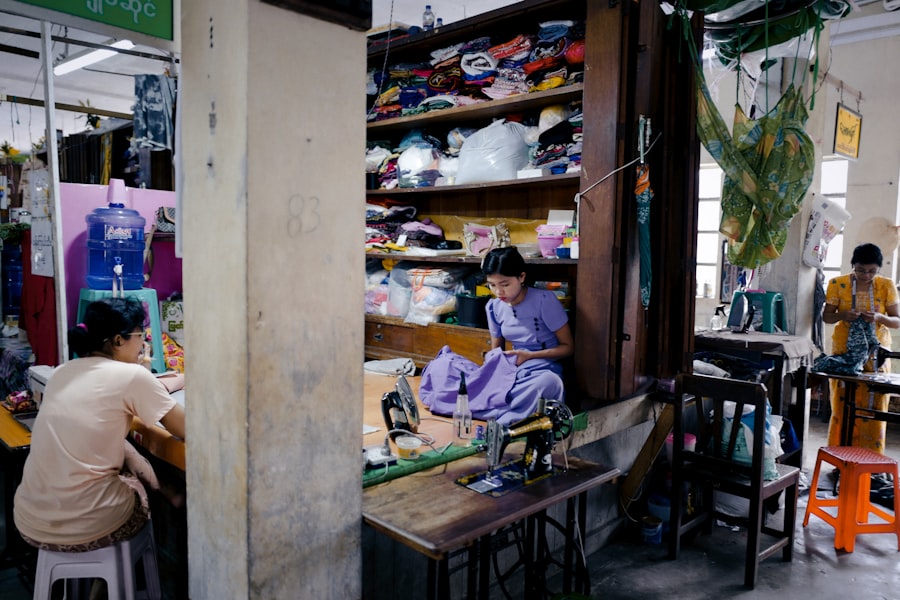
Feeding During Cooler Times of Day
Feeding chickens during the coolest parts of the day, such as early morning or late evening, can help reduce their metabolic heat production during peak temperatures. This can help prevent excessive heat buildup in their bodies while they digest food.
Encouraging Adequate Nutrition
Feeding during cooler times of day can encourage chickens to eat more when they are most comfortable, ensuring they receive adequate nutrition despite reduced appetite during hot weather.
Offering Smaller, Frequent Meals
In addition to adjusting feeding times, offering smaller but more frequent meals throughout the day can also help reduce metabolic heat production in chickens during hot weather. This approach allows chickens to digest smaller amounts of food at a time, reducing the metabolic heat generated during digestion.
Monitoring and Adjusting Feeding Schedules
It’s important to monitor feed consumption and adjust feeding schedules as needed based on changes in temperature and chicken behavior. Adjusting feeding schedules is an important way to help chickens cope with high temperatures and ensure they receive adequate nutrition during hot weather.
Monitoring the health and behavior of chickens during hot weather
Monitoring the health and behavior of chickens is crucial during hot weather to identify signs of heat stress or other issues early on. Regularly observing chicken behavior, such as panting, lethargy, reduced feed intake, or changes in egg production, can help identify potential problems related to hot weather. It’s important to take immediate action if any signs of heat stress or health issues are observed, such as providing additional shade, cooling treats, or adjusting feeding schedules.
In addition to behavioral observations, monitoring the physical condition of chickens is also important during hot weather. Checking for signs of dehydration, such as sunken eyes or pale combs, can help identify if chickens are struggling with high temperatures. It’s important to provide immediate access to cool water and take steps to cool down overheated chickens if signs of dehydration are observed.
Regular health checks and monitoring are essential for ensuring that chickens are able to cope with hot weather and maintaining their well-being during periods of high temperatures. In conclusion, understanding the impact of hot weather on chickens is crucial for ensuring their well-being during periods of high temperatures. Providing adequate shade and shelter, ensuring proper ventilation in the chicken coop, offering cool and refreshing treats, keeping the water supply fresh and cool, adjusting feeding schedules, and monitoring chicken health and behavior are all essential steps in helping chickens cope with hot weather.
By taking proactive measures to protect chickens from heat stress and its associated negative impacts on their health and productivity, chicken owners can ensure that their flock remains healthy and comfortable even during extreme temperatures.
If you’re looking for tips on how to keep chickens cool in very hot weather, you may also be interested in learning about how to insulate a chicken coop. Insulating your coop can help regulate the temperature and keep your chickens comfortable in extreme weather conditions. Check out this article for more information on insulating your chicken coop.
FAQs
What are the signs of heat stress in chickens?
Signs of heat stress in chickens include panting, holding their wings away from their bodies, decreased egg production, lethargy, and loss of appetite.
How can I keep my chickens cool in hot weather?
You can keep your chickens cool in hot weather by providing plenty of shade, ensuring good ventilation in the coop, offering cool water to drink, and providing frozen treats such as fruits and vegetables.
What are some ways to provide shade for chickens?
You can provide shade for chickens by using tarps or shade cloths to cover their coop and run, planting trees or shrubs to create natural shade, and using umbrellas or awnings in their outdoor areas.
How can I improve ventilation in the chicken coop?
You can improve ventilation in the chicken coop by installing windows or vents to allow for air flow, using fans to circulate air, and keeping the coop clean to prevent ammonia buildup, which can make it harder for chickens to breathe.
What should I do if I suspect my chickens are suffering from heat stress?
If you suspect your chickens are suffering from heat stress, move them to a cooler area, provide them with cool water to drink, and offer them frozen treats to help lower their body temperature. If the symptoms persist, consult a veterinarian for further advice.
Meet Walter, the feathered-friend fanatic of Florida! Nestled in the sunshine state, Walter struts through life with his feathered companions, clucking his way to happiness. With a coop that’s fancier than a five-star hotel, he’s the Don Juan of the chicken world. When he’s not teaching his hens to do the cha-cha, you’ll find him in a heated debate with his prized rooster, Sir Clucks-a-Lot. Walter’s poultry passion is no yolk; he’s the sunny-side-up guy you never knew you needed in your flock of friends!

